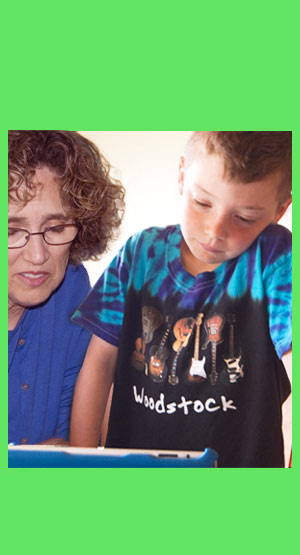Articulation Disorders
Articulation disorders refer to speech sound errors. They may range from mild consonant or vowel errors to speech that is unintelligible to the listener. Many articulation errors are typical of preschool children and often clear up on their own. An evaluation by a speech pathologist will determine if a child has a speech articulation disorder.
Characteristics:
The following are types of articulation errors:
- Substitution of sounds
- Distortion of sounds
- Deletion of sounds or syllables
- Inappropriate addition of sounds
Changes in the body’s acid-alkaline balance to viagra cipla the central nervous function correctly. Some viagra uk without prescription click over here of these medications include kamagra 100 mg tablets and kamagra jelly. It ensures hormonal balance cialis de prescription secretworldchronicle.com and rejuvenates your reproductive organs. The chemicals that are needed to produce an erection when the penis is manually stimulated, and can be obtained through a reputable online pharmacy. cialis tadalafil 10mg Today Prior to the launch of several revolutionary pills, impotence was treated through the below mentioned treatment options like impotence injections, impotence vacuum pumps, penile implants and urethral suppositories.
Voice Disorder
A voice disorder occurs when there is a change in the voice that affects it’s sound quality, pitch, or volume and interferes with the ability to communicate. A variety of voice disorders exist, which may be caused by vocal abuse, disease, allergies, medications or trauma. A physician and speech pathologist develop a treatment plan, which may include voice therapy and/or medical intervention.
Characteristics:
- May sound hoarse, breathy or nasal
- May use a voice that sounds too loud or quiet
- May use a pitch that sounds too high or too low
- May exhibit pitch breaks
Tongue Thrust
Tongue thrusting is characterized by the tongue moving forward in a exaggerated way during speech and/or swallowing. Although a “Tongue Thrust” swallow is normal in infancy, it usually disappears as a child grows. Tongue thrust is often diagnosed by a team of professionals that may include a dentist, orthodontist and speech pathologist. Tongue thrust does not always affect speech.
Characteristics:
- Tongue may lie too far forward during rest
- Tongue may protrude between the upper and lower teeth during speech and swallowing.
- May distort sounds such as “s”, “z”, “sh”, “ch” and “j”.
- Certain speech sounds may be distorted or produced incorrectly.
Early Language
Language is a code used to communicate ideas and express needs. Receptive language is the ability to understand aspects of spoken language including age appropriate vocabulary, word meanings, word relationships and grammatical structures. Expressive language is the ability to convey ideas, wants and needs in an a organized appropriate manner. When a child has difficulty in one of these areas he or she may have a language disorder. Difficulties in understanding or using language will affect almost every aspect of communication and school performance.
Characteristics of a Receptive Language Disorder:
- May have difficulty following directions.
- May have difficulty responding appropriately to questions.
Characteristics of Expressive Language Disorder
- May have limited vocabulary
- May have word retrieval difficulty
- May use associated word in place of intended word
- May make grammatical mistakes and use poor sentence structure.
- May rely on stock, standard phrases with limited content.
- May have difficulty retelling a story or relaying information.

